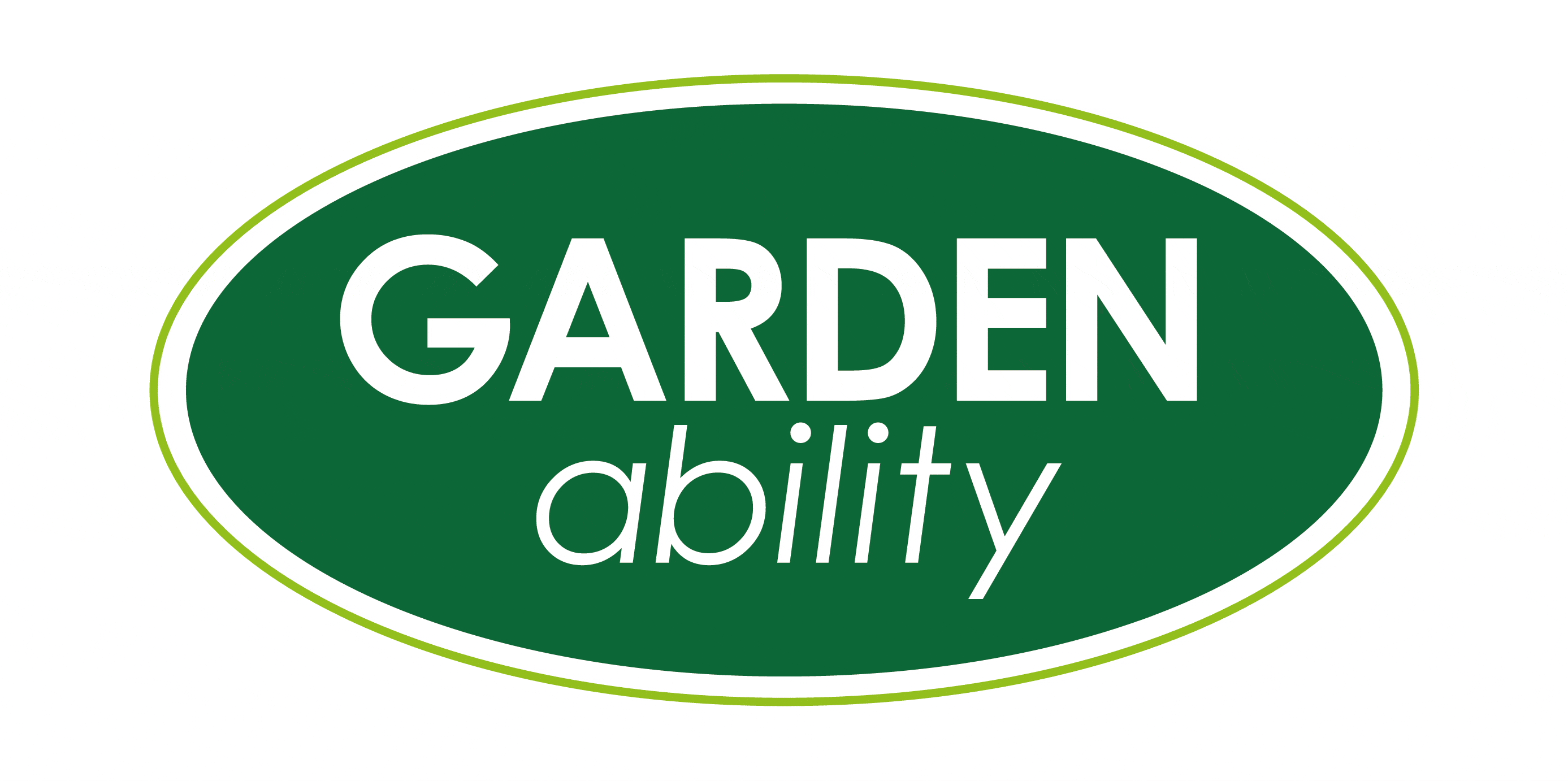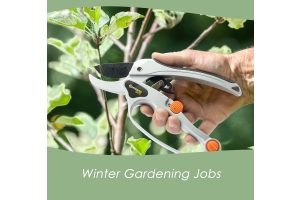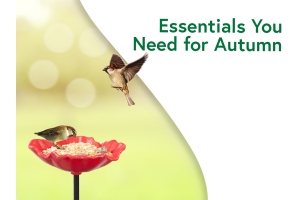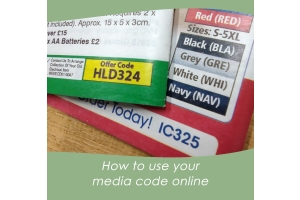How to Care for Injured Garden Animals
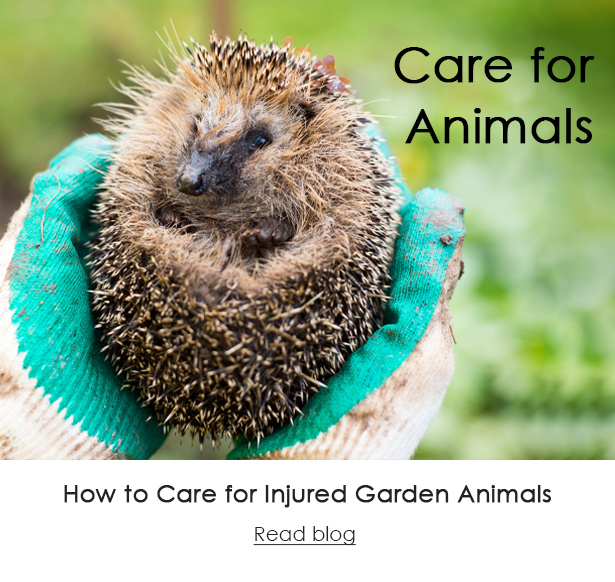
If you come across a sick or injured animal, it can be hard to know what to do. Wild animals can be unpredictable and dangerous, especially in vulnerable situations, so make sure that you follow this advice when approaching them to try and help.
If you find a sick or injured animal that is small enough to handle, like a hedgehog, it’s best to phone your local vet or rehabilitation centre before you catch them. This will allow you to check the best way to help them and to see if they have the facilities to be able to treat the animal. These are the four key things to remember:
- Be careful: wild animals are not tame and will not react in the same ways as our household pets. They may also carry diseases, so make sure you wear gloves when handling wild animals – gardening gloves work well. Be especially careful with bats, as they are the only animal in the UK that can spread rabies.
- Catch the animal with a towel: this will allow you to pick up the animal without causing any unnecessary stress to it, as well as protecting yourself from possible injury.
- Put them in a transport box: this can be an animal carrier of some kind, or even a cardboard box. Just make sure that it has ventilation holes, and a towel or blanket has been put in the bottom of it. Draping a blanket over the top of the box can block light and dull noises, preventing the animal from becoming too stressed.
- Take them straight to the vet or rehab centre.
Larger Wildlife
Do not attempt to catch and transport larger injured wildlife, such as deer, badgers, or birds of prey. Without proper training, this can pose more of a risk to both you and the animal. Make sure you:
- Keep your distance – keep other people and animals, like dogs, away too.
- Know your exact location – this will help any wildlife responders who are called out to help the animal.
- Call the experts: in England and Wales, this would be the RSPCA, and in Scotland, the Scottish SPCA. If there is a local wildlife rescue where you are, you can always ring them for advice whilst you are waiting for the experts to arrive.
What if they aren’t injured?
Animals who aren’t injured, but are sick, will often behave strangely. For example, nocturnal animals who are sick may come out in the day time – if you see a nocturnal in the day time, make sure to take them to a vet.
Furthermore, if your cat catches a bird or mouse, even if they do not look physically injured, make sure they are checked over by a vet. Something like this can cause the animal to go into shock, or even contract fatal septicaemia.
What to do if you find a baby bird
The first thing to do when you find a baby bird on the ground is to figure out how old it is. Does it have lots of feathers and is able to hop around? This is a fledgling – these are best left alone, unless they are injured. Fledglings will often spend a lot of time hopping around on the ground – monitor the situation for a few hours to see if an adult bird returns to feed them. If they don’t, you may need to take the fledgling to a wildlife centre.
Does the bird have very few feathers and is unable to stand on its own? This is a nestling. You can pop the bird back in its nest if it is a nestling – it is a myth that touching a baby bird will make the parents reject it. If you can’t find the nest, you can make a new one from a box and long grass and leave it somewhere sheltered, but visible, so that the parents can come back and feed the baby.
If the bird is injured, make sure to ring a vets or wildlife rehab as soon as possible. They will be able to care for it in the best and most effective way.
